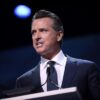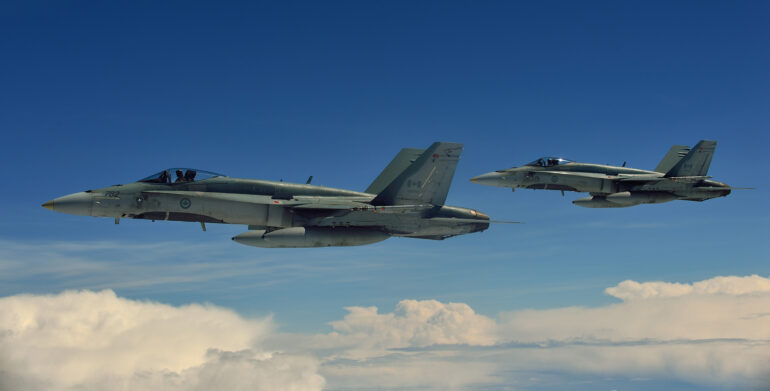President Donald J. Trump is now reportedly considering providing U.S. pilots and warplanes as part of a broader framework of security guarantees for Ukraine, signaling a more assertive American role in shaping the post-war balance of power in Europe.
The move underscores Trump’s effort to end Russia’s war against Ukraine while ensuring that Kyiv’s security is not left vulnerable.
Trump has repeatedly argued that Ukraine’s path to NATO membership — long sought by Kyiv but opposed by Moscow — should be replaced with alternative guarantees.
In an interview with Fox News that aired Monday evening, he emphasized Europe’s growing role while leaving open the possibility of American air involvement. “When it comes to security, they are willing to put people on the ground,” Trump said, referring to European allies. “We’re willing to help them with things, especially, probably, if you talk about by air because nobody has stuff we have.”
The proposal reflects Trump’s belief that America can provide unmatched deterrence from the skies without being drawn into the kind of prolonged ground war that many Americans oppose.
White House press secretary Karoline Leavitt confirmed Tuesday that the president had instructed his national security team to “come up with a framework for these security guarantees that can be acceptable to help ensure a lasting peace and end this war.”
Leavitt stressed that Trump had “definitively” ruled out deploying American troops on the ground in Ukraine, but she refused to close the door on other options. “I won’t, certainly, rule out anything as far as military options that the president has at his disposal, I’ll let him do that,” she said.
The idea of U.S. involvement in air operations was described by NATO Secretary-General Mark Rutte as a “breakthrough” in the peace process, even though specifics remain vague.
For European capitals increasingly anxious about Russian aggression, the possibility of American pilots patrolling skies or backing up allied aircraft signals a major shift in security guarantees.
Air support could take several forms, ranging from defensive missions against Russian missiles to logistical roles such as air-to-air refueling or transporting military equipment.
Trump’s framing suggests the United States could leverage its technological superiority to give Ukraine and Europe credible protection, without risking American lives on the ground.
Still, even defensive air operations carry risks of confrontation between Washington and Moscow. Trump, like his predecessor, has been cautious about triggering a direct clash with Russia’s nuclear arsenal.
Former President Biden, in the early stages of the war, rejected Ukraine’s pleas for a no-fly zone precisely because of concerns that it could escalate the conflict.
But Trump’s willingness to explore what Biden once refused highlights a different approach — one that seeks both to reassure European allies and pressure Russia into a settlement. Conservatives argue that this reflects Trump’s long-standing insistence that peace must come through strength, not hesitation.
While details of the plan are still being hammered out, Trump’s comments point toward an emerging post-war vision: Europe taking the lead on the ground, backed by American air power — a strategy designed to end the war while keeping U.S. forces out of direct combat.
[READ MORE: Rubio Defends Trump’s Putin Meeting, Dismisses Media Outrage Over Red Carpet]





